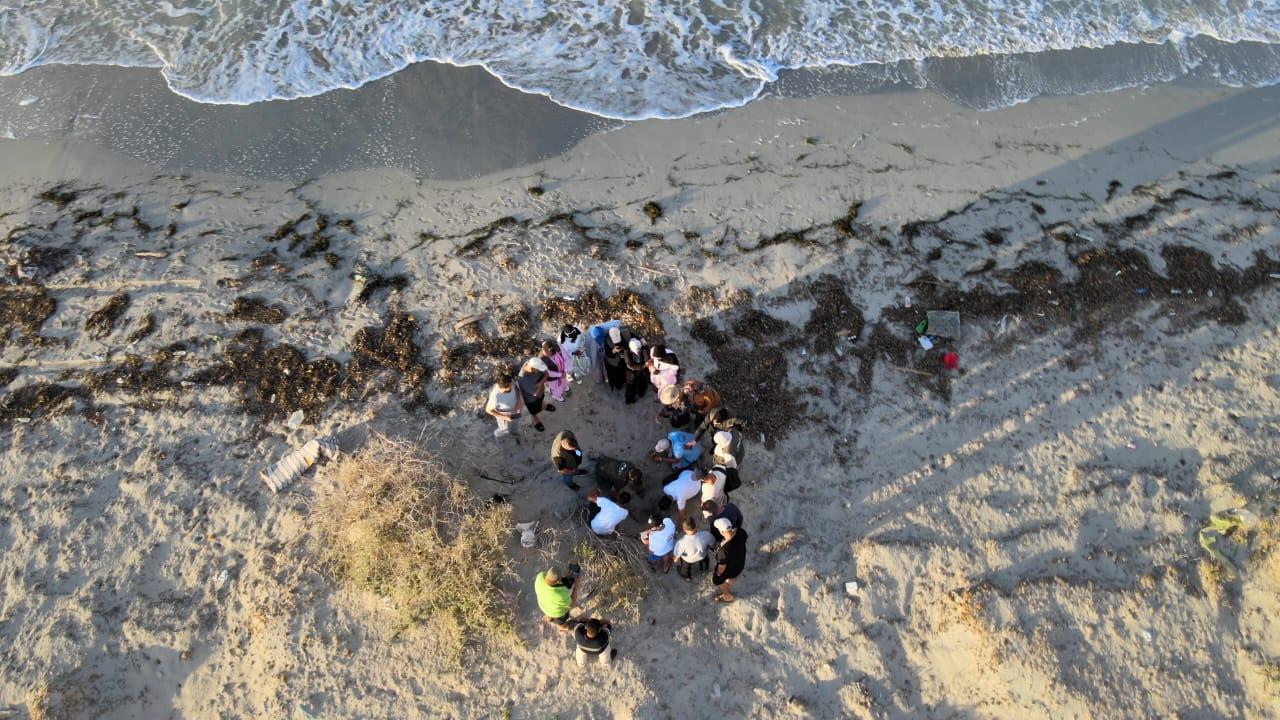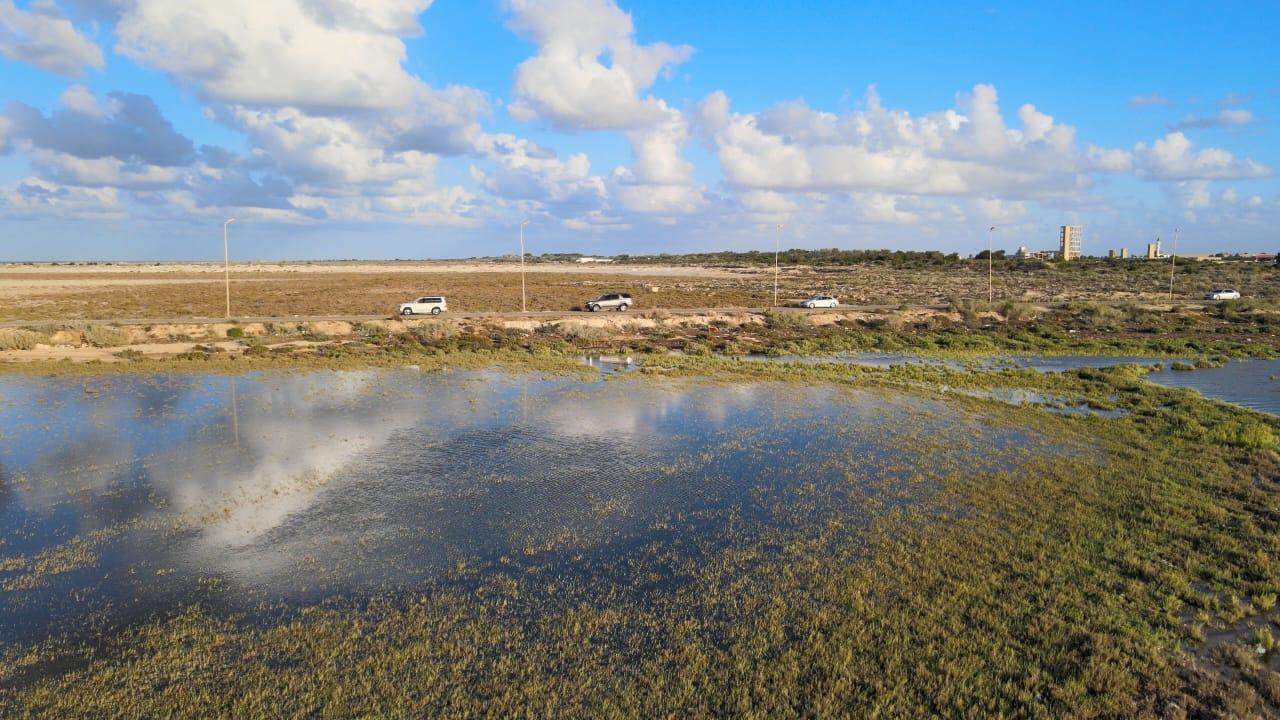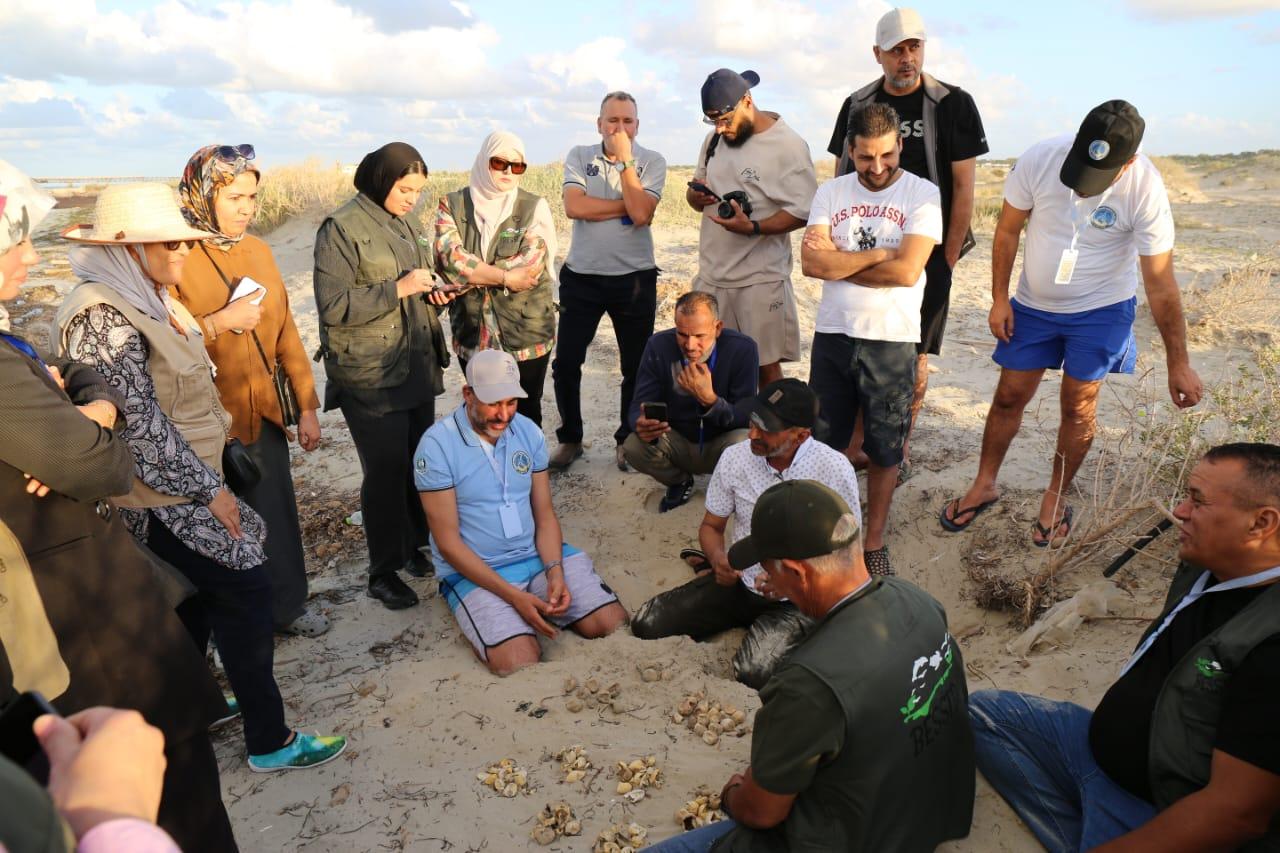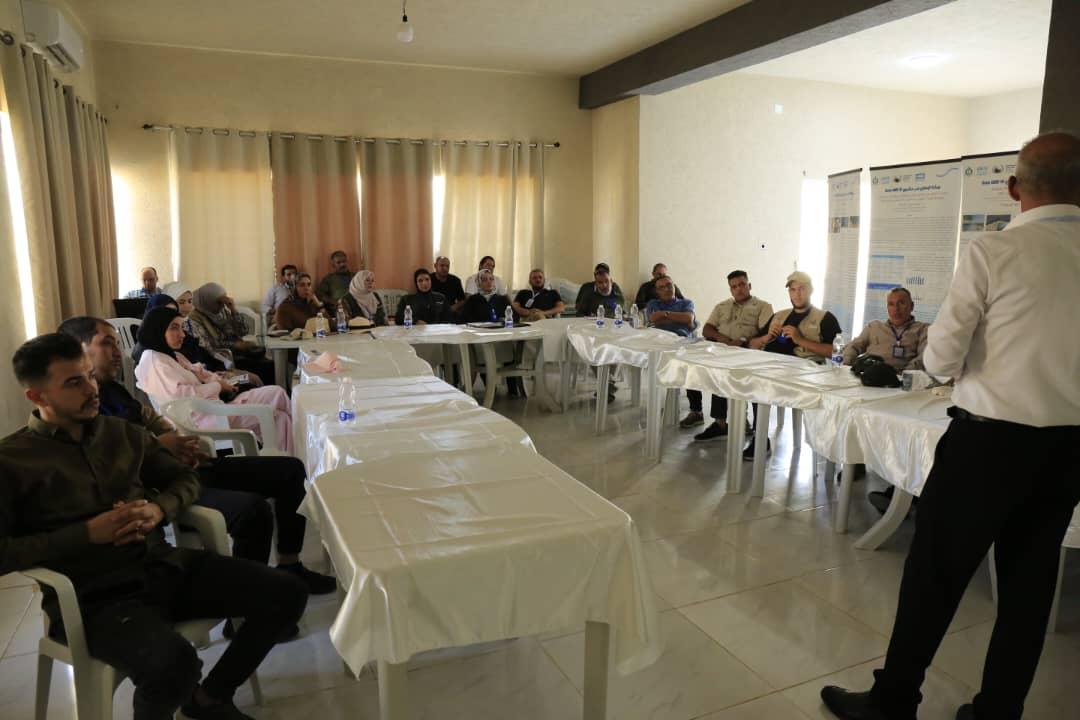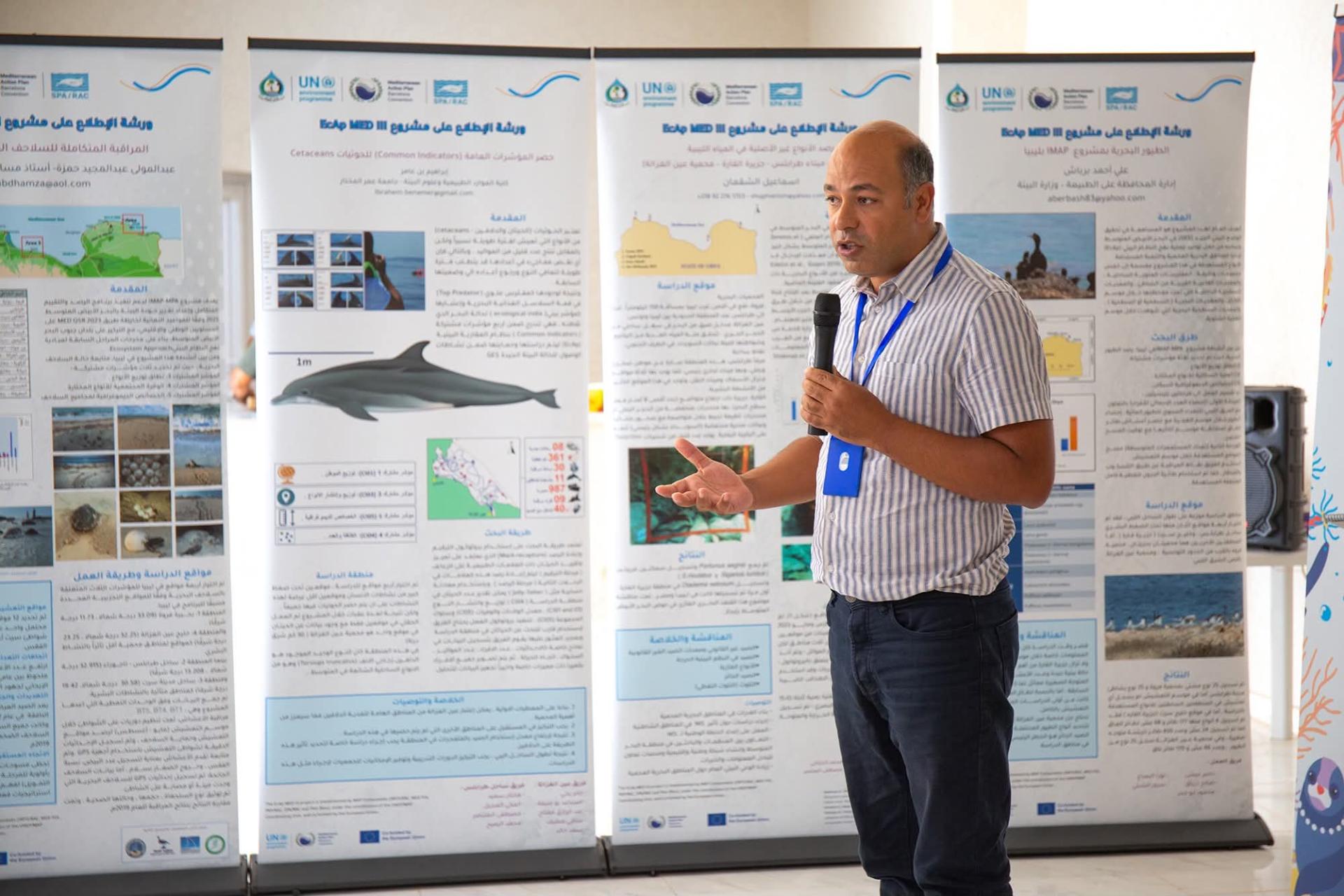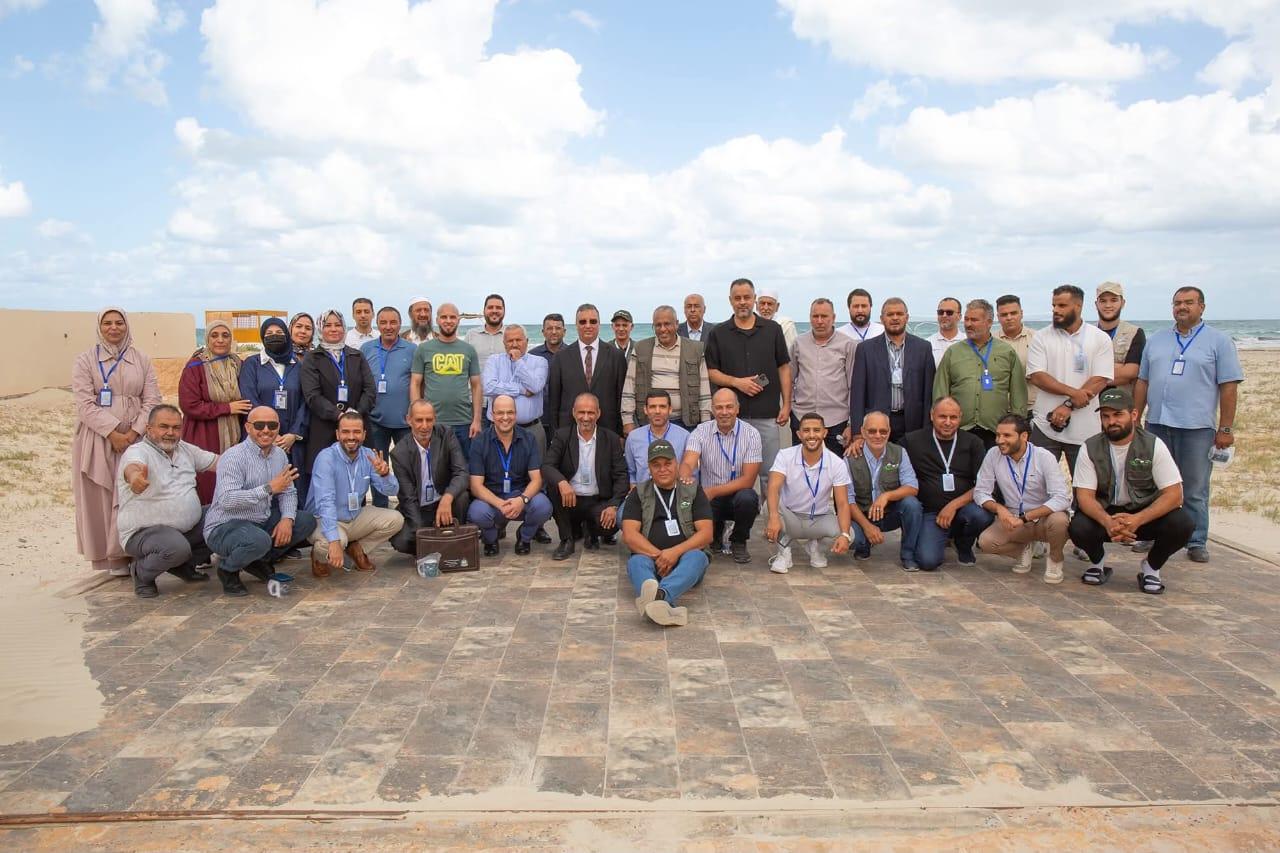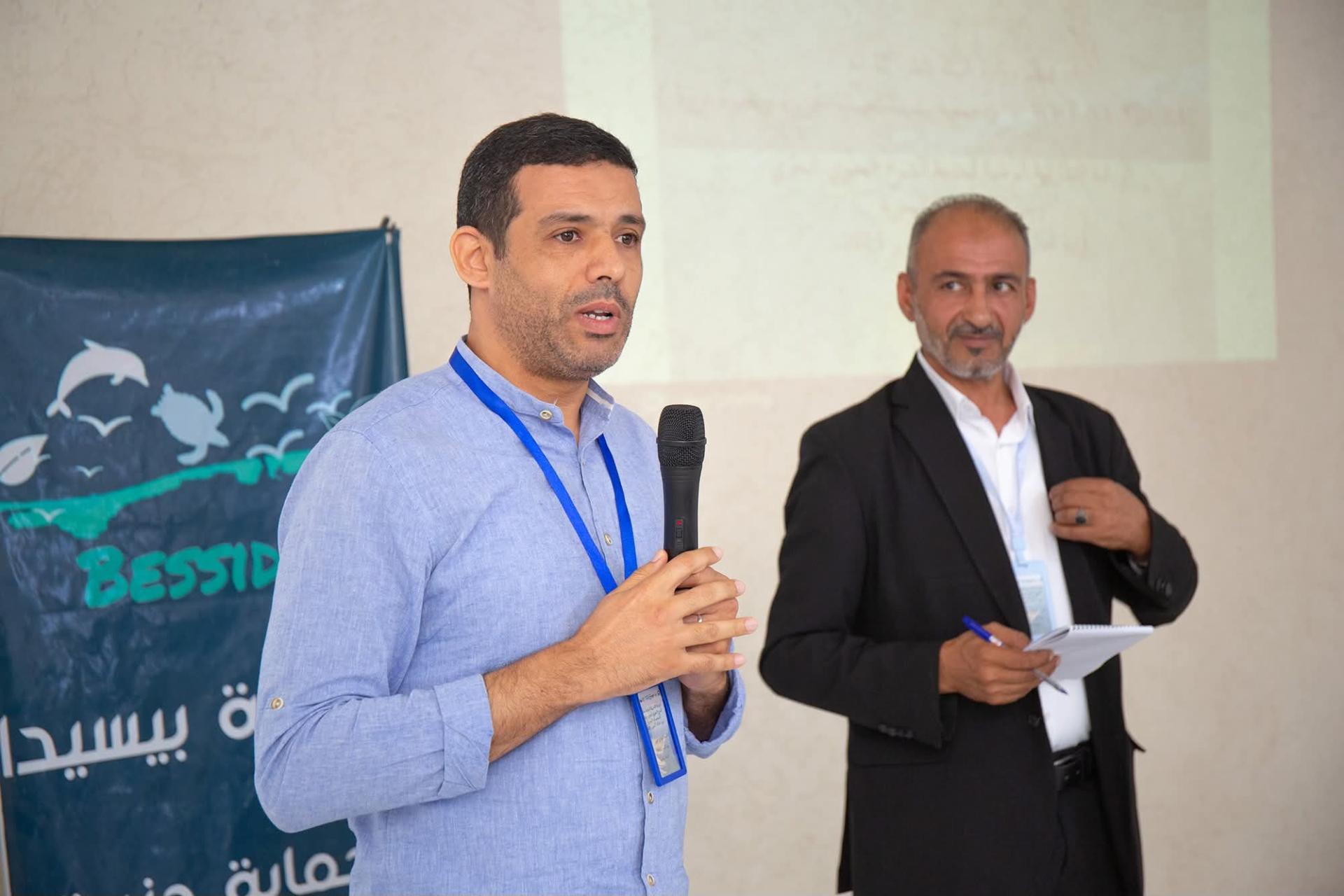Zwara Opens Libya’s IMAP Chapter: Training for a Living Sea
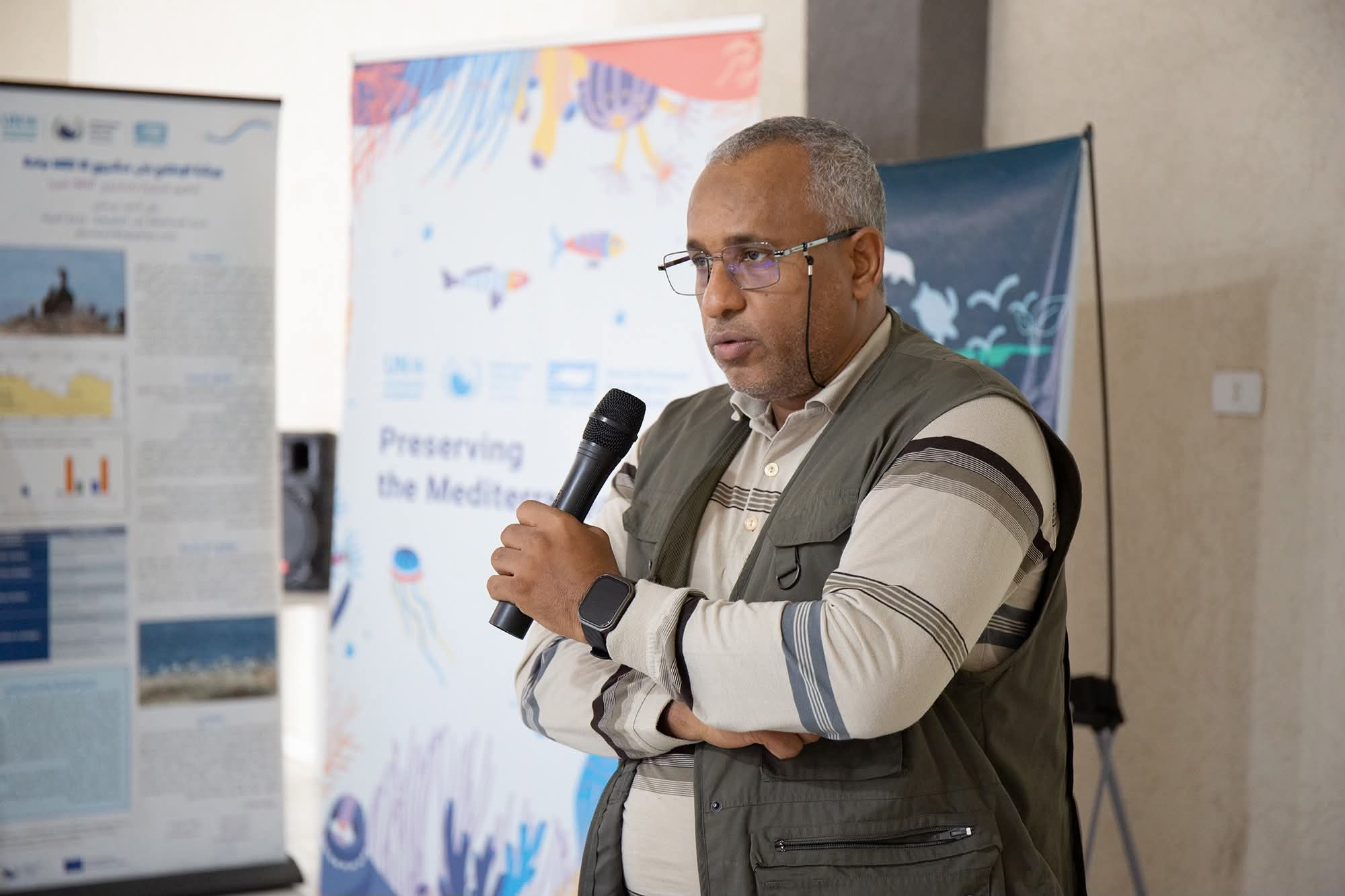
A five-day national training turns Libya’s Farwa Lagoon Marine Protected Area into a hands-on school for Mediterranean biodiversity monitoring.
To protect what we love, we first need to learn how to see it. In Zwara, Libya, at the elegant Septemus Resort, the training officially opened on 7 October 2025 by the Minister of Environment and runs through to 11 October 2025. Here the connection between land and sea is being rewritten through innovation, science and collaboration.
Libya’s MPAs hold rich biodiversity—from seagrass meadows that trap carbon to nesting and feeding grounds for marine turtles and birds. Yet, consistent, standardised monitoring and inclusive site management have been hard to maintain amid capacity gaps and fragmented coordination. Aligning national practice with the Integrated Monitoring and Assessment Programme (IMAP) of the Barcelona Convention is essential to track status and trends and manage adaptively.
SPA/RAC, with the Ministry of Environment of Libya, and in partnership with WWF North Africa and the Environmental Beseda Organization, organised this five-day capacity-building training (7 – 11 October 2025) at the Septemus Resort, Zwara, in the Farwa Lagoon MPA. Forty participants from ministries, NGOs, academia and local stakeholder groups are taking part in theoretical and practical sessions on: marine turtles; Posidonia seagrass meadows; marine mammals; marine birds; MPAs and conservation.
Participants practised harmonised monitoring protocols (e.g., habitat mapping, species surveys, threat recording) that feed national datasets and future management plans for Farwa and other Libyan MPAs. The workshop also emphasised participatory, inclusive approaches—building local ownership and ensuring women and men contribute to (and benefit from) conservation decisions. Follow-up SEMPA actions with WWF include ecological and socio-economic studies and the development / update of management plans and units for Farwa and Ain El-Ghazala—so skills acquired in the field translate into day-to-day MPA governance.
As Libya advances biodiversity monitoring under IMAP and finalises practical management tools for priority sites, Farwa’s ‘living classroom’ offers a replicable model: learn together, measure what matters, and manage adaptively—so science and community meet where land meets sea.
SEMPA (2023-2027) is an EU-funded initiative under the umbrella of the Mediterranean Sea Programme (MedProgramme). The project is being executed by UNEP/MAP’s SPA/RAC to bolster Mediterranean biodiversity and consolidate a functional MPA network—including in Libya.
About SPA/RAC
The Specially Protected Areas Regional Activity Centre assists Mediterranean countries in implementing the Barcelona Convention on marine and coastal biodiversity through science, capacity building, and policy support.

